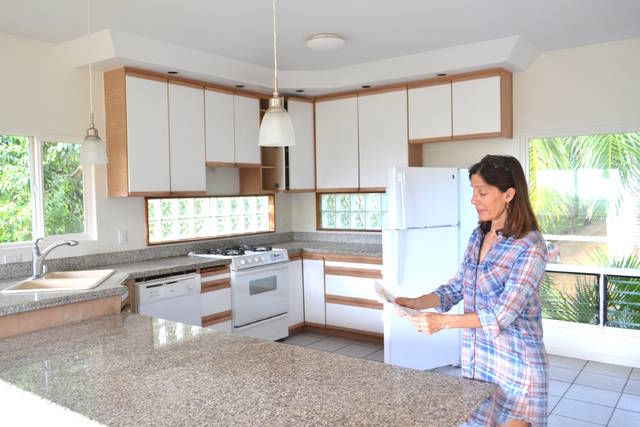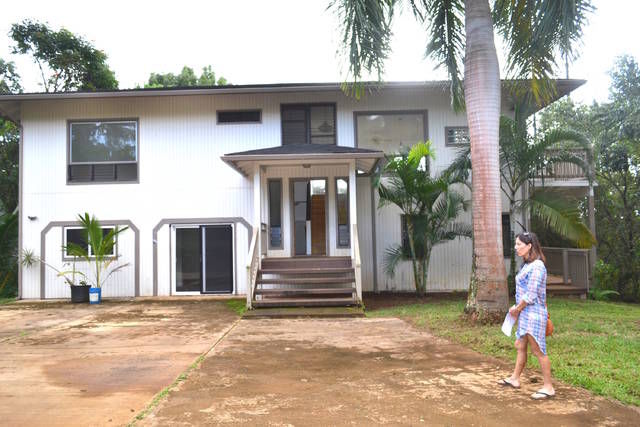LIHUE — California native Howard Bertenthal has owned two condominiums in Wailua for six years.
“My units are registered with Kauai County, and I pay my taxes quarterly. It’s not a big deal,” he said. “When somebody rents from me, the price is listed. And they know what the total price is.”
Berenthal is among the over 8,300 U.S. owners and managers outside of Hawaii who paid property taxes on Kauai in 2016, according to a report from the state Department of Business, Economic Development and Tourism released last week.
The figure is 24.6 percent of the 33,997 total, according to the report. Hawaii owners represent the bulk of the total with a registered 24,901 property owners.
The DBEDT report, “An Analysis of Real Property Tax in Hawaii,” estimates that 32.3 percent of Hawaii’s real property tax was paid by out-of-state owners in fiscal year 2016.
The analysis is based on the real property tax records obtained from all four counties in the state. DBEDT conducted the analysis at the request of the state Legislature.
The study examines the correlation between real property tax and the other sectors in the economy such as government, finance, real estate investment, construction, housing demand and tourism.
DBEDT officials said this is the first time this type of data has been collected and analyzed.
Lauren Benton, founder of Inside Kauai Inc., manages properties and provides vacation rental services.
She said the GET-TAT (General Excise Tax-Transient Accommodations Tax) tax code is often confusing to explain to U.S. property owners who live outside of the state.
“That’s frustrating on visitors and guests. They don’t have to deal with it, but the tax rates are very high. When you’re renting a vacation rental unit you’re paying an additional 13.25 percent, which is a chunk of a cost,” she said. “The bigger issue for me is it’s hard to explain to owners who live in other states why there’s tax on tax and why they have to pay it. That’s the only issue I have there.”
Hawaii is one of 14 states in the U.S. where property taxes are not levied at the state level, but at county level only.
Chief State Economist Dr. Eugene Tian said it is a challenge to determine the location of residence for property owners, since it is not included in property tax records.
The analysis used tax notice mailing addresses as a proxy for the resident location of the property owner, he said.
Growth of Hawaii’s real property tax base (valuations) has been following economic conditions; the growth of the property tax base slowed when unemployment rates were high and vice versa.
Of the total number of properties (TMKs — tax map keys) in the state, the report estimates that 75.1 percent are residential and related; 15.8 percent are agriculture, conservation and preservation; 5.6 percent are hotel, resort and tourism related; and 3.5 percent are commercial/industrial and public service.
The estimates for property tax collection in the state showed that 53.2 percent of total property tax are collected from residential and related; 23.2 percent from commercial/industrial and public service; 18.2 percent from hotel/resort and tourism related; and 5.4 percent from agriculture, conservation and preservation.




